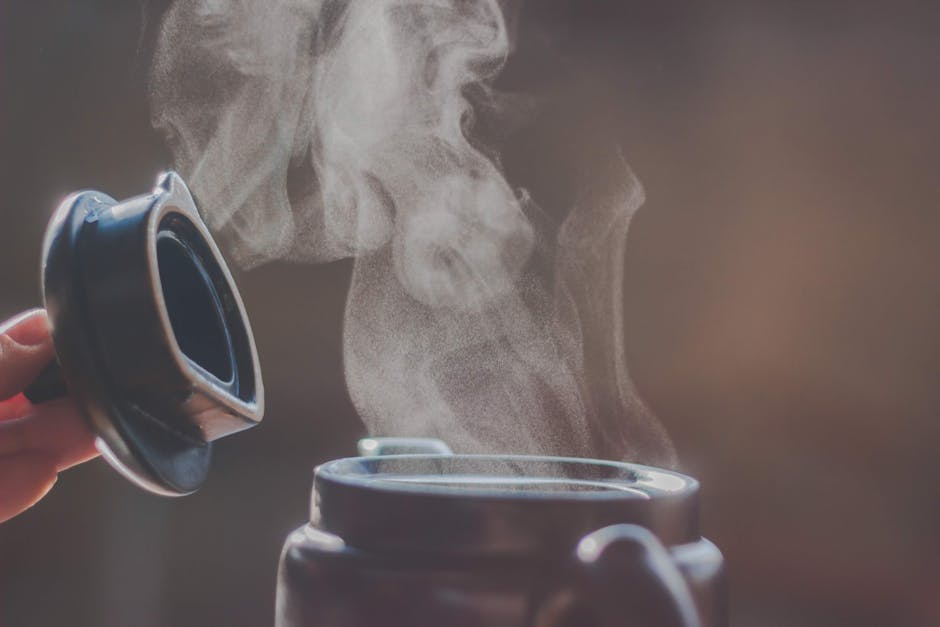Discovering Corsican Myrtle Tea: A Mediterranean Wellness Secret
Unveiling the Mystique of Corsican Myrtle Tea
Corsica, the "Island of Beauty," is renowned for its stunning landscapes and unique flora. Among its treasures is the myrtle plant (Myrtus communis), locally known as a murta. For centuries, Corsicans have harnessed the aromatic leaves of this shrub to create a tea celebrated for its distinctive flavor and potential health benefits. Corsican myrtle tea is more than just a beverage; it's a cultural tradition deeply intertwined with the island's history and natural heritage. It represents a connection to the land and a commitment to well-being, passed down through generations.
Unlike mass-produced teas, Corsican myrtle tea often comes from wild-harvested plants, ensuring a pure and authentic experience. The leaves are carefully selected and dried, preserving their essential oils and potent compounds. This meticulous process contributes to the tea's unique character and its reputation as a natural remedy. The taste is often described as earthy, slightly bitter, and subtly sweet, with a lingering aroma that evokes the Corsican countryside.
The tradition of drinking myrtle tea extends beyond mere refreshment. It's often enjoyed after meals as a digestive aid, during social gatherings as a symbol of hospitality, and as a comforting ritual during moments of reflection. The act of preparing and sharing myrtle tea fosters a sense of community and connection, reinforcing the importance of tradition in Corsican culture.

A Journey Through History and Tradition
The use of myrtle in Corsica dates back to ancient times. The plant was revered by the Romans and Greeks, who associated it with love, beauty, and immortality. Myrtle wreaths were often worn during celebrations and religious ceremonies, symbolizing honor and victory. The Romans introduced myrtle to Corsica, where it quickly became integrated into the local culture and traditions.
Over the centuries, Corsicans have developed a deep understanding of the myrtle plant and its various uses. In addition to tea, myrtle berries are used to make a traditional liqueur called liqueur de myrte, a popular digestif enjoyed throughout the island. The leaves and berries are also used in traditional medicine to treat a variety of ailments, including digestive problems, respiratory infections, and skin conditions. The plant's versatility and medicinal properties have solidified its importance in Corsican society.
Today, the tradition of harvesting and preparing myrtle tea continues to thrive in Corsica. Many families still gather wild myrtle leaves in the mountains, following time-honored techniques passed down through generations. This connection to the land and the preservation of traditional practices are essential to maintaining the cultural heritage of Corsica.

The Potential Health Benefits of Myrtle Tea
While more research is needed to fully understand the health benefits of Corsican myrtle tea, preliminary studies and traditional uses suggest that it may offer several advantages. Myrtle leaves contain various bioactive compounds, including antioxidants, anti-inflammatory agents, and essential oils, which may contribute to its therapeutic properties.
Here's a closer look at some of the potential health benefits:
- Digestive Aid: Myrtle tea is traditionally used to soothe digestive discomfort, reduce bloating, and promote healthy digestion.
- Antioxidant Properties: The antioxidants in myrtle tea may help protect the body against free radical damage, reducing the risk of chronic diseases.
- Anti-inflammatory Effects: Myrtle tea may possess anti-inflammatory properties, which could help alleviate symptoms of inflammatory conditions.
- Respiratory Support: In traditional medicine, myrtle tea is used to relieve coughs, congestion, and other respiratory ailments.
- Skin Health: Some studies suggest that myrtle extract may have beneficial effects on skin health, potentially reducing inflammation and promoting wound healing.
It's important to note that these potential benefits are based on preliminary research and traditional uses. Consult with a healthcare professional before using myrtle tea as a treatment for any health condition.

Brewing the Perfect Cup: A Simple Guide
Preparing Corsican myrtle tea is a simple and rewarding process. Here's a step-by-step guide to help you brew the perfect cup:
- Gather your ingredients: You'll need dried myrtle leaves and fresh, filtered water.
- Heat the water: Bring the water to a boil in a kettle or saucepan.
- Prepare the tea: Place 1-2 teaspoons of dried myrtle leaves in a tea infuser or teapot.
- Pour the water: Pour the boiling water over the myrtle leaves.
- Steep the tea: Allow the tea to steep for 5-7 minutes, depending on your desired strength.
- Strain and serve: Remove the tea infuser or strain the tea into a cup.
- Enjoy: Savor the aroma and flavor of your Corsican myrtle tea. You can add honey or lemon to taste, if desired.
For an authentic Corsican experience, use wild-harvested myrtle leaves if possible. You can often find dried myrtle leaves at specialty tea shops or online retailers. Experiment with different steeping times to find the perfect balance of flavor and aroma.
Where to Buy: While fresh Corsican myrtle tea might be difficult to find outside of Corsica, dried myrtle leaves are available from online retailers specializing in herbal teas and Mediterranean products. Look for reputable sources that prioritize quality and sustainability.

Embrace the Corsican Wellness Tradition
Corsican myrtle tea offers a unique opportunity to experience the flavors and traditions of the Mediterranean. Whether you're seeking a soothing beverage, a natural remedy, or a connection to Corsican culture, myrtle tea is a delightful and rewarding choice. By incorporating this ancient tradition into your daily routine, you can embrace the wellness secrets of the Island of Beauty and discover the many benefits of this remarkable herbal tea.
Consider exploring other Corsican products to complement your myrtle tea experience. Corsican honey, known for its unique flavor profile influenced by the island's diverse flora, pairs beautifully with the tea. You might also enjoy trying canistrelli, traditional Corsican biscuits, for a truly authentic taste of the island.
Ultimately, Corsican myrtle tea is more than just a drink; it's an invitation to slow down, connect with nature, and appreciate the simple pleasures of life. So, brew a cup, relax, and let the flavors of Corsica transport you to the sun-drenched shores of the Mediterranean.

So, steep yourself in Corsican myrtle tea and embrace the vibrant wellness it offers!
-Hot Water
Comments
Post a Comment